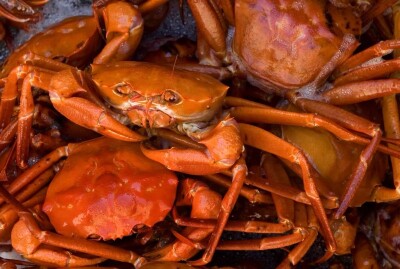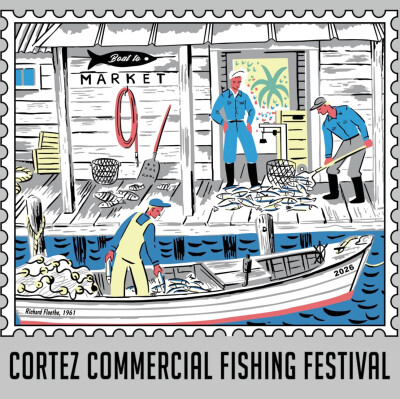Over the Fourth of July weekend and into this week, I've heard about several somewhat unusual commercial fishing deaths. It often feels like they come in waves. Independence Day in Alaska proved especially deadly.
Early Thursday morning, the Pauline II caught fire at the Alaska General Seafoods dock in Egegik, killing Harberg Paul, 56, and injuring his younger brothers, Joe, 50, and Paul, 55. Later that morning, Wisconsin fisherman Lewis Byerly, 55, died after getting caught in the anchor winch of the 62-foot Anna Lane just outside of Ninilchick in Cook Inlet.
Joey Paul (no relation to the fire victims), 25, of Dillingham died Thursday evening after he fell into the drive shaft area of the engine room on a commercial boat in Chignik Lagoon.
But perhaps the most perplexing for now is the loss of crewman Michael Grindle, 40, this Sunday aboard the 107-foot herring trawler Osprey out of Gloucester, Mass.
Early on Sunday morning, crew members contacted the Coast Guard when Grindle collapsed following what they believed to be a severe asthma attack. At that time, the boat was about 65 miles from Chatham on Cape Cod.
The Coast Guard notified the crew that they would not be responding to the emergency with a helicopter for emergency transport and instructed them to perform CPR. The crew, which did not have a heart defibrillator, pumped their fellow crewman's chest until Grindle's pulsed dropped away, within about 15 minutes.
A Coast Guard helicopter could have reached the boat within two hours and a hospital within another hour. The Coast Guard's reasoning for not responding with emergency transport is based on statistics that show a person undergoing chest compressions without a defibrillator will survive for an average of just less than an hour.
The pause in compressions to hoist Grindle to the helicopter would have complicated an evacuation. “There would have been no benefit to the victim to actually conduct the med evac,” Coast Guard spokeswoman Myeonghi Clegg told the Gloucester Daily Times.
The Osprey steamed home over the next 12 hours, arriving in Gloucester late Sunday afternoon. The death is being investigated as an unknown medical condition.
All of these losses serve to remind us of the dangers of fishing. Falls overboard and lack of preparedness for downflooding and capsize may be the biggest threats statistically, but working on the water and around heavy machinery is inherently dangerous.
Our thoughts are with the families of those lost and injured at sea.






